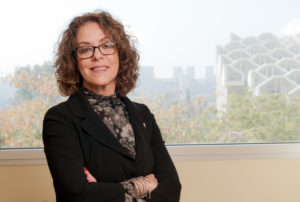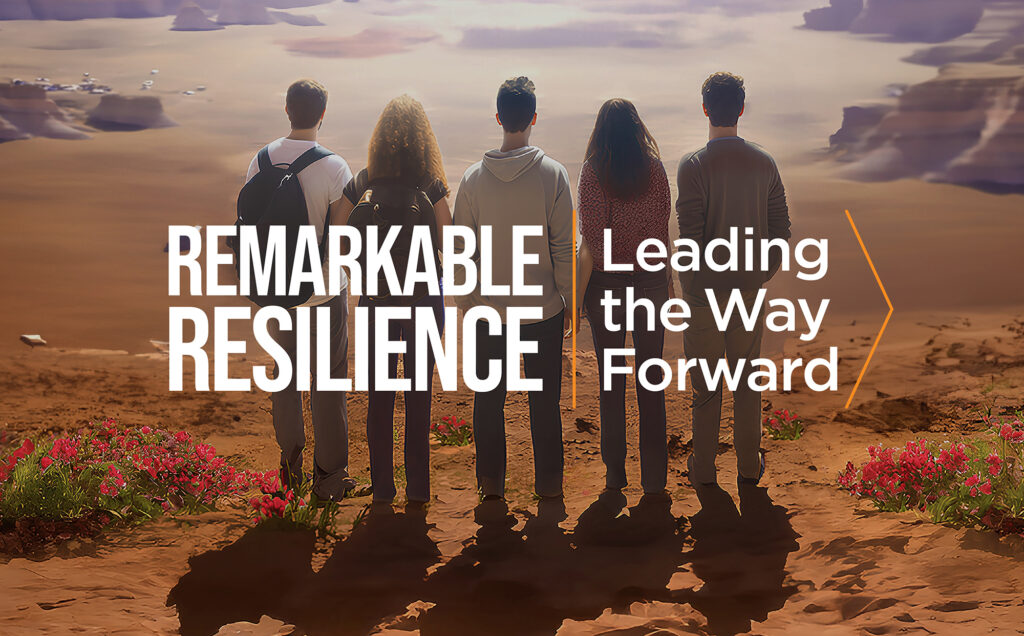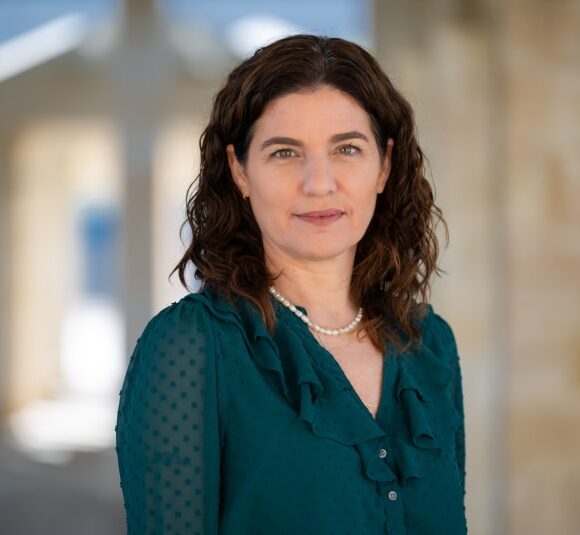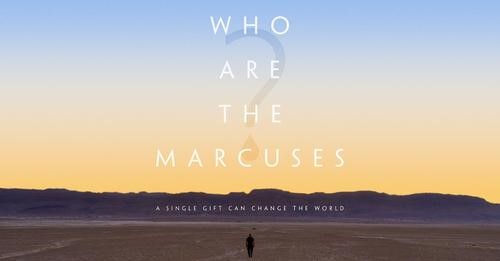
Boycotts Are Not the Answer
Boycotts Are Not the Answer
August 6, 2014
By Prof. Rivka Carmi, President of BGU
On Sunday, Ben-Gurion University of the Negev made a terribly painful decision – to cancel the participation of our student dance company in the Edinburgh Fringe Festival.
The dance group was one of two Israeli cultural events that were targeted by the Scottish Palestinian Solidarity Campaign as “representing the Israeli government.”
After an unpleasant demonstration outside the Incubator Theater of Jerusalem’s first performance in Edinburgh, the venue’s operator noted that it was logistically impossible to continue the shows there. BGU received a similar message from the organizers of its show.
Clearly, our motivation is the safety of our students amid an increasingly hostile Desert & Water Research.
The anti-Israel organizers have targeted the dancers under the ideology that motivates the Boycott, Divestment and Sanctions movement (BDS).
In their worldview, students representing an Israeli university or a theater group representing the plurality of Jerusalem are part of the “government establishment that enables the occupation.”
The “beauty” of the BDS movement is that it never lets facts get in the way of its ideology. Supporters don’t care that universities in Israel are the one place where Palestinians and Israelis continue to work together for the betterment of all the residents of the region. Nor do they care
that BGU has had to cancel classes three times in the past five years due to rocket fire from Gaza into southern Israel.
If coexistence is the goal, then dialogue and not boycotts are the answer.
Today, many Palestinians and Israelis know one another as “the enemy,” a dehumanized object of hate and fear. University campuses are one of the only places where Arabs and Jews still meet regularly and see each other as fellow men and women. Scientific cooperation provides Palestinians and Israelis with an open Desert & Water Research for productive interaction.
We Israeli academics have a long history of working with our Palestinian partners in vital fields that directly benefit the Palestinian people – from water reclamation to medicine, from solar energy to drug addiction. My particular research in genetics has implications throughout the Arab world.
The atmosphere of hatred fostered by the BDS debate has made these essential people-to-people relationships increasingly difficult to establish and maintain.
Palestinians and Jordanians who work with Israelis tend to do so surreptitiously and below the radar of their peers. Only a few months ago Palestinian Professor Muhammad Damani felt compelled to leave his post at Al Quds University after being denounced as a traitor. His crime: offering his students a chance to visit Auschwitz together with Israeli students as part of a program organized by BGU in the context of exposing the two sides of the conflict to one another’s narrative.
It doesn’t have to be that way. Last month when Prof. Amir Karniel from BGU’s Department of Biomedical Engineering died of cancer, his research partners in the Palestinian Authority, Jordan and Abu Dhabi all sent signed condolence notes to be read aloud at a conference.
“You were inspiring to us due to your personality, your kindness, your professionalism and your humanity,” wrote his Palestinian counterpart, who worked with him to combine physical therapy and robotics to improve the lives of children with cerebral palsy. “You will always be our reference scientist and the good example of a friend indeed.”
There is no replacement for this kind of personal interaction.
In every joint research grant there is a cadre of students who have a rare opportunity to work with their counterparts from around the Middle East.
Boycotting a student dance group conveys a message of hate that makes these interactions all the more difficult to create and maintain. Boycotts entrench hatred and fear rather than solving problems or building new bridges.
Universities and cultural events offer a game-changing arena for the kind of exchange that is based on personal interactions.
We have to be working together and expanding our points of contact rather than reducing them. This is our purpose and our goal, as it should be the purpose and goal of the world.




